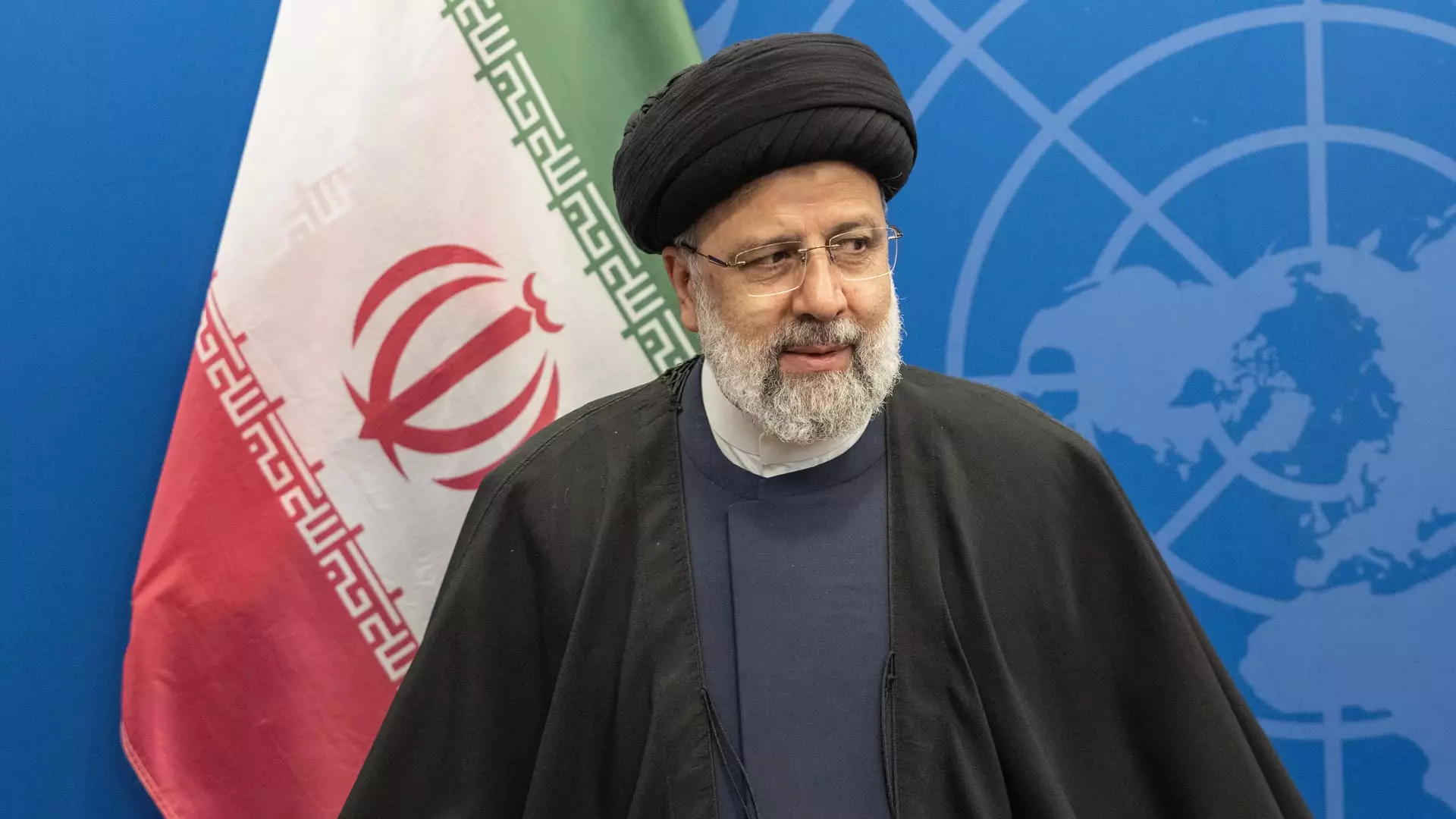The unexpected passing of Iranian President Ebrahim Raisi in a helicopter crash has thrown Tehran into a state of turmoil, adding to the existing challenges faced by the nation. The helicopter incident, which occurred on the return journey from Azerbaijan in unfavorable weather conditions, also resulted in the death of Iran’s Foreign Minister Hossein Amirabdollahian. This tragic event has left the country grappling with uncertainty as it navigates through economic hardships, internal unrest, and ongoing regional conflicts.
Implications of President Raisi’s Death
President Raisi’s demise has raised questions about the future trajectory of Iran, a nation of nearly 90 million people known for supporting various proxy groups in the region. While some anticipate a degree of continuity following Raisi’s passing, there are concerns about the potential for increased influence by Iran’s powerful Islamic Revolutionary Guard Corps (IRGC) in shaping the country’s political landscape. As a hardline right-wing figure and a possible successor to the Supreme Leader Ayatollah Khamenei, Raisi’s death has set off a predetermined succession process that could alter the power dynamics within the Iranian government.
Amidst the 50-day interim presidency period led by Vice President Mohammed Mokhber, speculations arise about the IRGC’s expanding role in Iran’s political hierarchy. Nader Itayim, Mideast Gulf Editor at Argus Media, highlights the ongoing power struggle between the IRGC and other conservative factions, suggesting a potential reinforcement of the IRGC’s influence during this transitional phase. The interim presidency may serve as a platform for the IRGC to further assert control over governmental policies, potentially shaping the country’s future direction.
Continuity in Foreign Policy
Despite the leadership transition triggered by Raisi’s death, experts believe that Iran’s foreign and domestic policies are unlikely to undergo significant changes. The long-standing hostilities towards the U.S. and Israel, coupled with the existing economic sanctions imposed by Western nations, are expected to persist. The failure of diplomatic efforts to revive the Iranian nuclear deal under the Biden administration underscores the enduring challenges in Iran’s relations with the international community. Additionally, tensions between Iran and Israel, exacerbated by recent military confrontations, continue to pose a threat to regional stability.
Sanam Vakil, director of the Middle East and North Africa program at Chatham House, emphasizes the subordinate role of the Iranian president in the country’s political framework. The President, although holding a significant position, operates under the supervision and directives of the supreme leader, limiting their autonomy and decision-making capacity. This institutional hierarchy underscores that the true power in Iran lies with the supreme leader, shaping both domestic and foreign policies independently of the presidential office.
The tragic loss of President Raisi has cast a shadow of uncertainty over Iran’s political landscape, triggering speculations about the future governance and policy directions. As the nation grapples with internal upheavals and external challenges, the aftermath of this incident underscores the intricate power dynamics at play within the Iranian government. The forthcoming transition period and the evolving role of the IRGC are poised to shape Iran’s trajectory, while longstanding geopolitical tensions are expected to persist despite the leadership change.


Leave a Reply